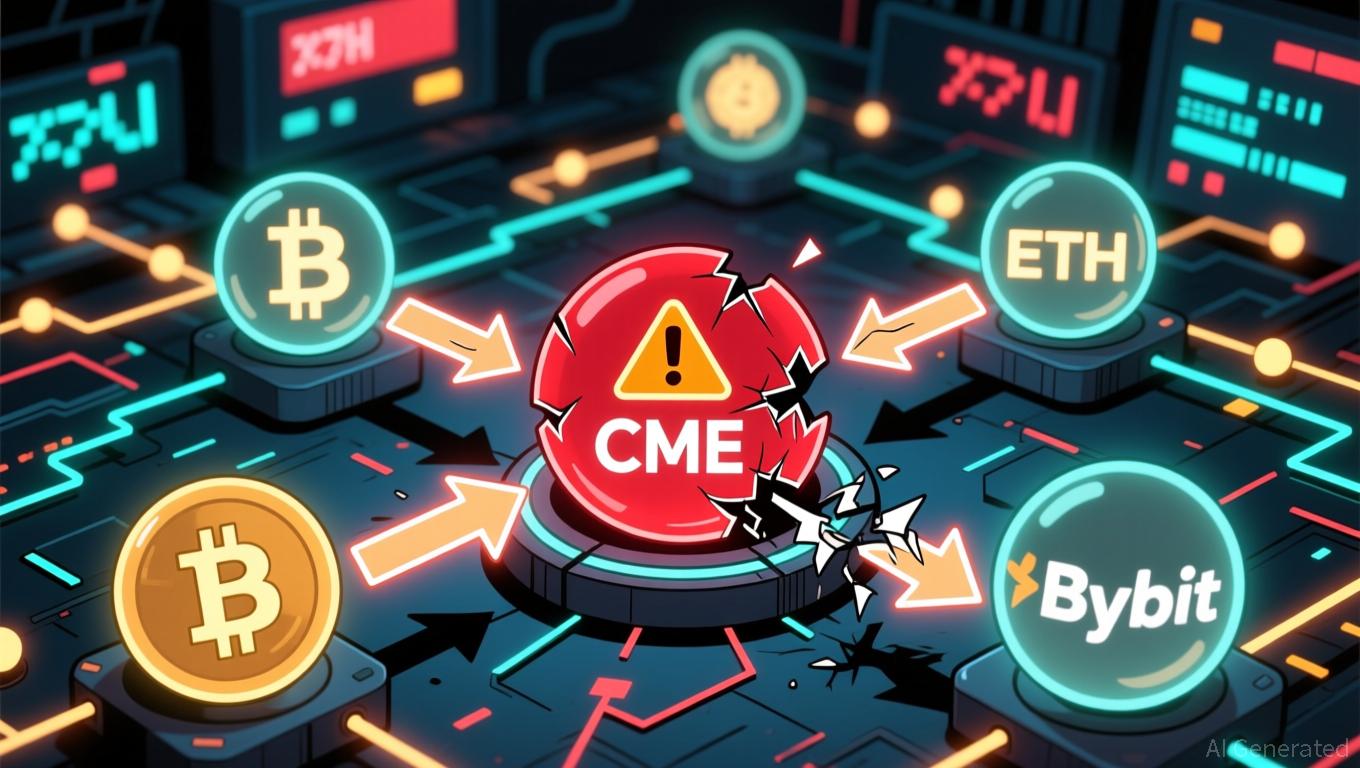Kenya Bitcoin ATMs Appear Days After New Crypto Law Takes Effect Without Licensed Operators
Bitcoin ATMs appeared across major shopping malls in Nairobi within days of Kenya's Virtual Assets Service Providers Act taking effect on November 4, 2025. According to Cointelegraph, machines branded "Bankless Bitcoin" were installed beside traditional banking kiosks in several major malls. The devices offer cash-to-crypto services to local residents.
The Central Bank of Kenya and Capital Markets Authority issued a joint notice on November 18 warning that no crypto provider has received authorization to operate. The regulators stated that neither agency has licensed any VASP under the new laws to operate in or from Kenya. Companies claiming authorization are doing so without legal backing, according to the official statement.
The National Treasury is currently developing regulations that will determine when licensing can begin. The VASP Act created a formal licensing framework for wallet operators, exchanges, custodians, and other crypto platforms. Under this law, the CBK oversees payment and custody functions while the CMA regulates investment and trading activities.
Why This Regulatory Gap Matters for Crypto Businesses
The appearance of Bitcoin ATMs before licensing procedures are ready creates immediate compliance questions for the industry. Kenya's crypto market handles approximately $20 million in daily transactions. The law now makes crypto firms legally accountable for preventing money laundering and terrorism financing activities.
We reported that Panama City is exploring Bitcoin reserves following El Salvador's policy framework, where 28 percent of American adults owned cryptocurrencies in 2025. Kenya's situation shows the tension between rapid crypto infrastructure deployment and regulatory preparedness. The machines reaching mainstream retail spaces while operators lack proper authorization puts both businesses and consumers in uncertain legal territory.
The timing affects Kenya's broader efforts to establish clear crypto oversight. The VASP Act imposes fit-and-proper checks for directors, customer verification rules, and mandatory reporting of suspicious transactions. Without active licensing processes, these requirements cannot be enforced against operating businesses.
Implications for African Crypto Market Development
Kenya's regulatory challenge reflects broader trends across Sub-Saharan Africa's rapidly growing crypto sector. On-chain value in the region surged to over $205 billion between July 2024 and June 2025. The region has become the third-fastest-growing crypto market worldwide as of October 2025.
Kenya joins South Africa and Nigeria in attempting to regulate digital asset platforms. South Africa declared crypto assets as financial products under its FAIS Act in 2022, giving regulators years to develop enforcement mechanisms. Nigeria passed investment and securities laws including cryptocurrency exchange licensing provisions. Ghana's central bank expects comprehensive crypto regulations by the end of 2025.
The Kenya situation demonstrates how infrastructure can outpace regulatory capacity. Capital News reported that Bitcoin usage has flourished in lower-income neighborhoods like Kibera, where residents use BTC as a form of banking. AfriBit Africa co-founder Ronnie Mdawida told the outlet that Bitcoin allows residents to hold value without documentation and banking paperwork.
The regulatory vacuum also raises questions about consumer protection and financial crime prevention. Kenya remains under scrutiny from the Financial Action Task Force and faces pressure to modernize its financial system. The coming months will determine whether Kenya can move from law to licenses quickly enough to manage the crypto sector effectively. The country's approach may set precedents for how other East African nations balance innovation with oversight.
Disclaimer: The content of this article solely reflects the author's opinion and does not represent the platform in any capacity. This article is not intended to serve as a reference for making investment decisions.
You may also like
Pi Network (PI) Retesting Its Key Breakout – Could a Rebound Be Near?

Bitcoin News Update: Bitcoin Drops 30%, Revealing 'Panda Phase'—A Mild Bear Market Lacking a Definite Bottom
- Bitcoin fell 30% to $87,080, its steepest two-month drop since 2022, driven by ETF outflows, leverage liquidations, and stablecoin declines. - Institutional confidence waned as asset managers paused accumulation, while retail investors exited en masse, worsening liquidity and market sentiment. - The Crypto Fear & Greed Index hit record lows at 15, reflecting panic amid Fed policy uncertainty and Bitcoin's 0.72 correlation with the Nasdaq 100. - Deribit's $1.76B call condor bet hints at cautious optimism,
Lowe's CEO's Approach to DEI: Embedding Diversity into Operations Rather Than Symbolic Actions
- Marvin Ellison, former Target part-timer and one of eight Black Fortune 500 CEOs, led Lowe's to $20.81B Q3 revenue through operational discipline and AI-driven innovation. - His Total Home strategy integrating services and store productivity, plus 50+ AI models for inventory/price optimization, drives growth amid retail challenges. - Ellison prioritizes action-based DEI reforms like leadership-focused hiring over credentials, rejecting performative gestures post-2020 George Floyd protests. - Despite rais

Bitcoin News Update: Unveiling Layered Risks as Connections Between Crypto and Traditional Finance Deepen
- Bybit temporarily halted CME-linked crypto futures trading after CME Globex disruptions, exposing vulnerabilities in centralized infrastructure linking traditional and digital markets. - CME Group faced scrutiny for technical glitches suspending Bitcoin futures, despite record 9% monthly growth in crypto derivatives volume and 132% YoY expansion in notional value. - Analysts highlight cascading risks from centralized system failures, urging diversified risk strategies as institutional adoption of 24/7 cr
